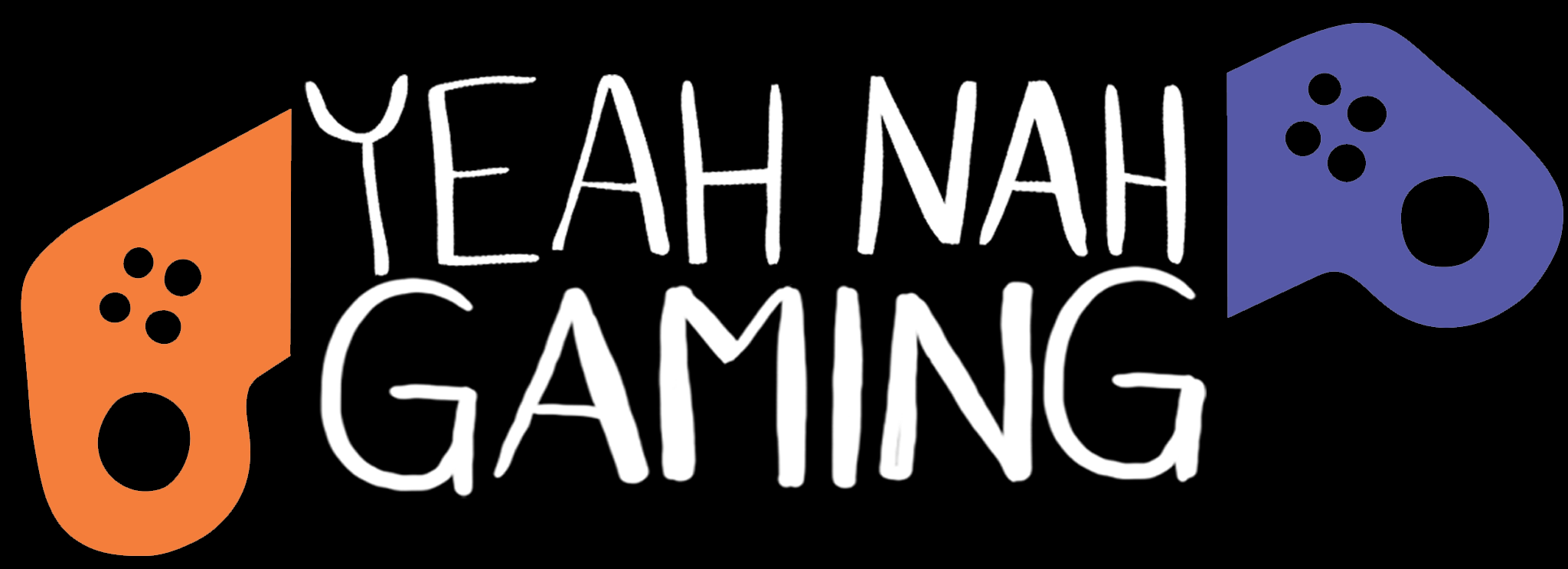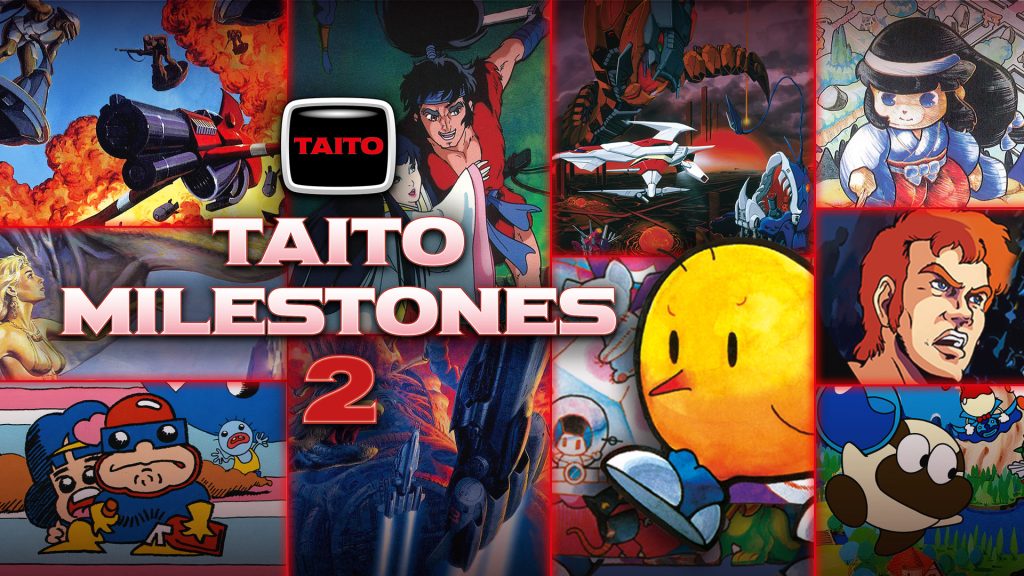One of the most common points of criticism levelled against the first volume of Taito Milestones was how barebones the package was. Ten games from the Hamster’s Arcade Archives catalogue, almost all of which were already available individually, lumped together behind a simple game selection screen without the slightest hint of any archival material or bonus content. Despite the “Milestones” title, it was among the least celebratory retro collections I’ve seen, and that was a recurring complaint across just about every review.
Which makes it doubly disappointing that Taito Milestones 2 suffers the exact same problem. We’ve got 10 more games, mostly pretty good ones—I’ll get to the games themselves in a moment—but with absolutely nothing to put them into historical context or illuminate just what it is that makes them “milestones”. There are no arcade marquees, no curation notes, not even so much as game blurbs or basic release information. It’s a launcher for a handful of games, and not a drop more.
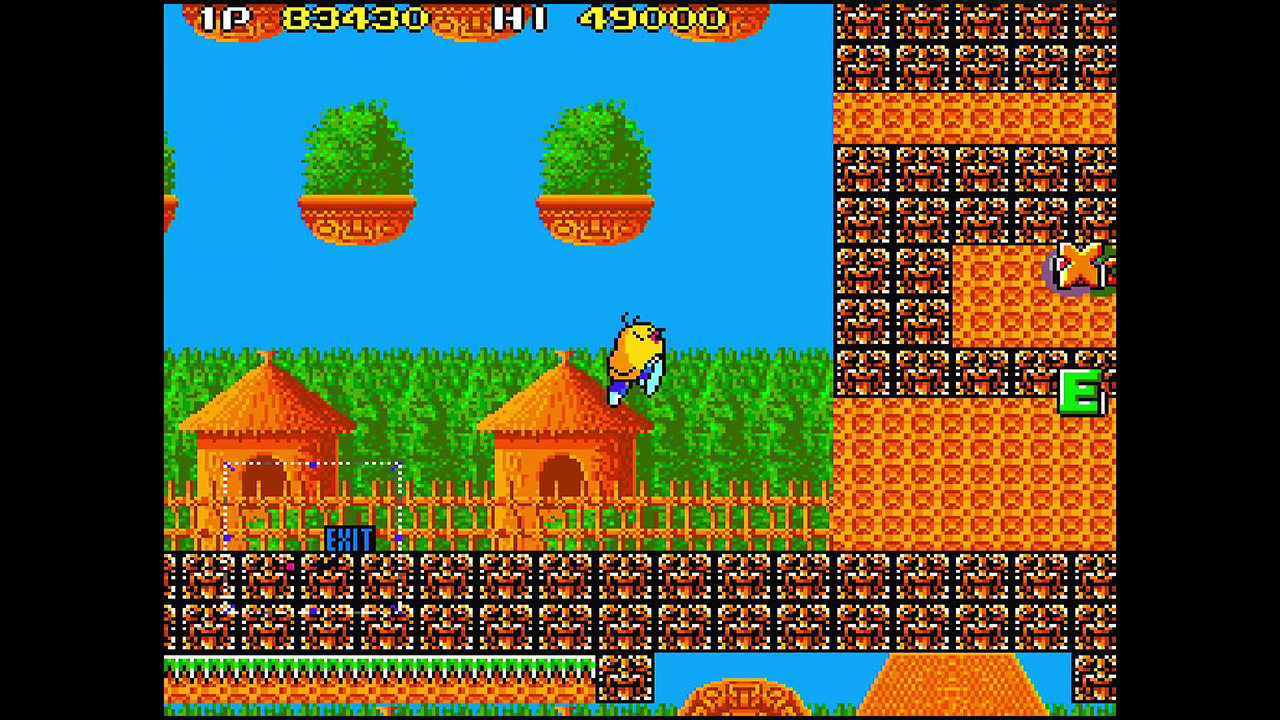
As with the first volume, almost every game in Milestones 2 is already available as an individual Arcade Archives release. Darius II, Solitary Fighter, and Dino Rex are the only ones that aren’t, though separate launches are presumably in the pipeline for them as they were for Milestones 1‘s couple of “exclusives”. Note that this isn’t a comment about retro games being repackaged for different collections, as often happens (Darius II can also be found in the Darius Cozmic Collections, for example), but of absolutely identical versions—Milestones is a collaboration between Taito and Hamster, and you’re getting exactly the same versions as what Hamster puts out.
That’s not entirely a bad thing, given Hamster’s excellence in accurate, reliable emulation, but it brings the whole point of Taito Milestones 2‘s existence even further into question. With nothing to offer over and above what’s already available, the only real benefit to this collection is a comparatively cheaper price point if you have none of the included games already, or if you so desperately want one of those three exceptions right now and can’t wait for the inevitable ACA release.
So, as a package, Taito Milestones 2 falls short in all the same ways that Taito Milestones did, and that’s a real shame. But with that out of the way… the games themselves are a great selection. Everyone’s opinion will vary depending on what particular flavour of nostalgia tickles your fancy, but the balance between “historic novelties that I’ll play once and never touch again” and “games I enjoy actually playing and will fire up somewhat regularly” swings much more to the latter for me.
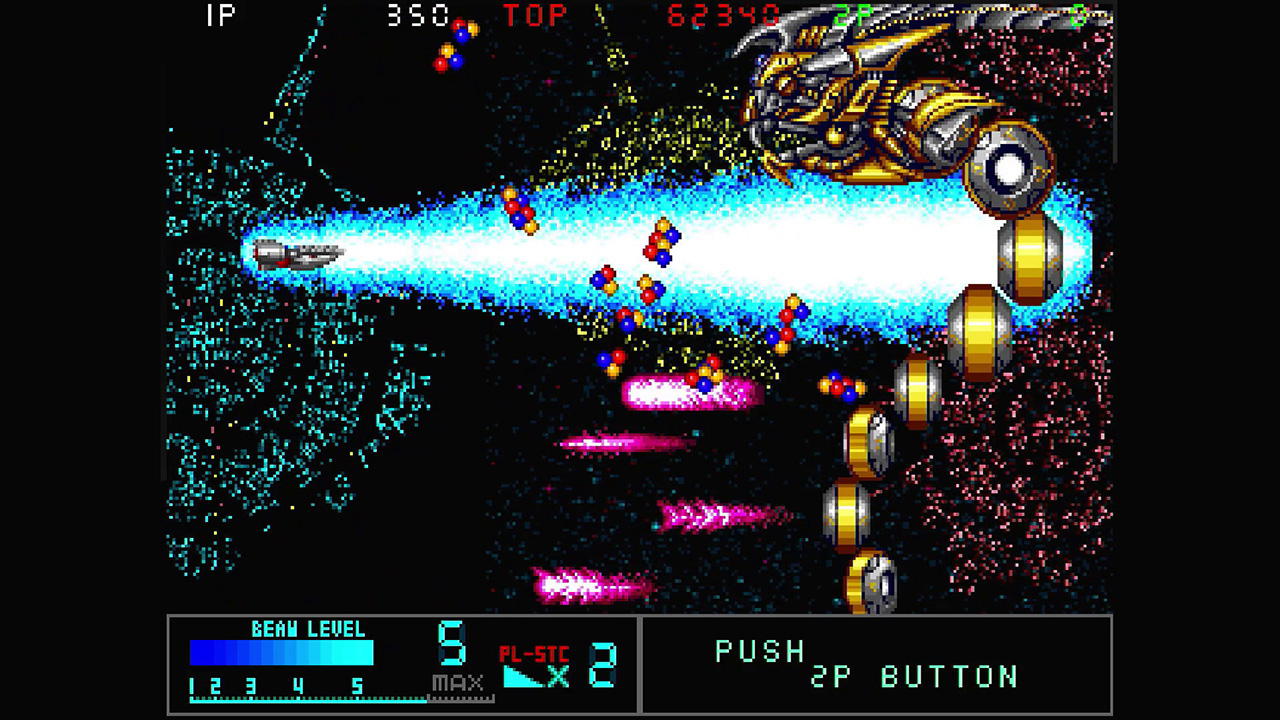
Between Darius II, Kiki Kaikai, Gun Frontier, and Metal Black, shoot-’em-up fans eat good here, while Ben Bero Beh, The NewZealand Story, and Liquid Kids present a delightful mix of unorthodox platformers. Solitary Fighters dishes out a versus fighting game with the eight-way movement, control scheme, and stage obstacles of a Final Fight-style beat-’em-up, and the frenetic action of The Legend of Kage feels ahead of its time for one of the oldest games in this collection.
Dino Rex is the glaring outlier: an utterly woeful fighting game that tried to push technical limitations of the time and turned out something that’s borderline unplayable. It’s so sluggish that it makes the (iconic but dated) original Street Fighter feel as smooth as Third Strike by comparison, despite coming out in the wake of—and being directly inspired by—Street Fighter II. At the same time, it is a milestone with an interesting history, not that Taito Milestones would tell you that: a game from the team behind Gun Frontier and Metal Black, originally conceived as another shoot-’em-up but pivoted to a fighting game in the wake of Street Fighter II‘s success, with a novel (for its time) visual style using a mix of hand-drawn sprites and stop-motion animation.
With the right presentation that puts it into appropriate context, Dino Rex could be an essential part of a retro collection, not just in spite of its flaws but because of them. It’s a fascinating arcade relic, messy but undoubtedly unique, the result of ambition and creativity clashing with a fraught development cycle—and those stories are always fascinating. But in a collection like Taito Milestones 2 that doesn’t even attempt to feel the story, its shortcomings take centre stage, and Dino Rex becomes liability in an otherwise fantastic selection of titles.
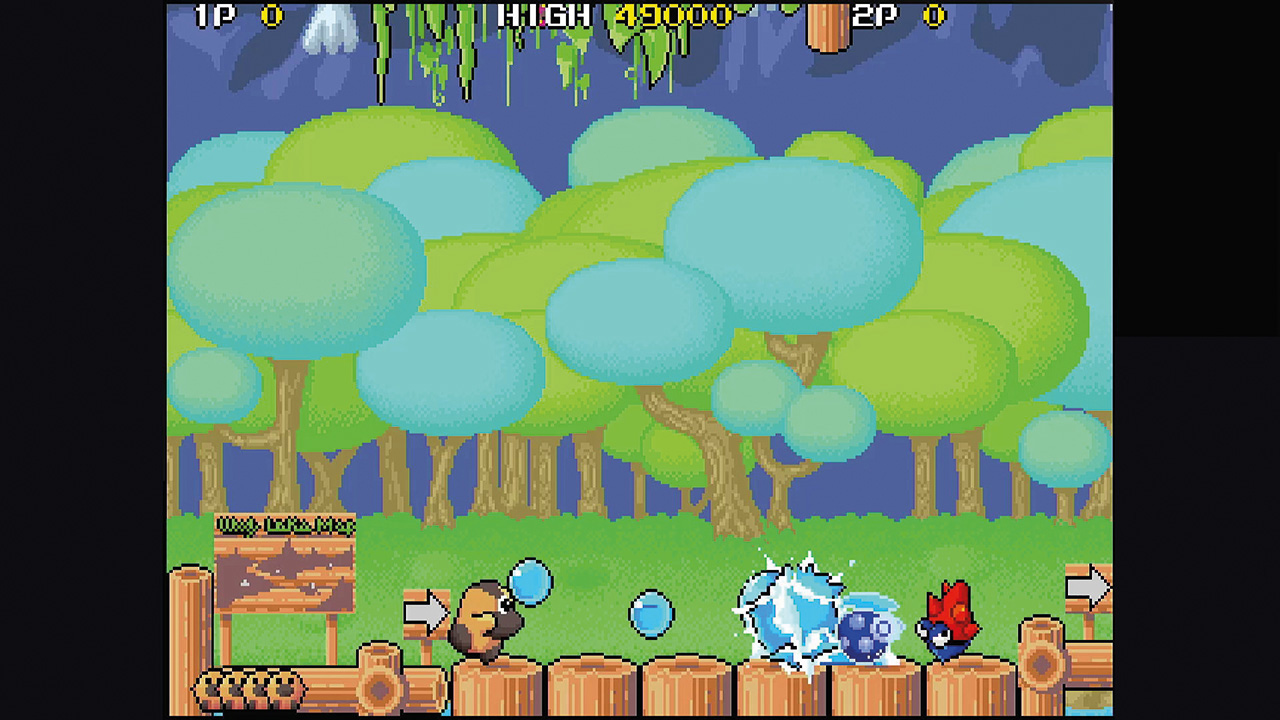
Which brings me right back to the running theme all through this review: any retro collection has to be more than just a bunch of ROMs dumped into a launcher, even if they’ve got Hamster’s masterful emulation efforts behind them. Taito Milestones 2 features a great assortment of games, but presented with absolutely no historical context or any real reason to buy this collection instead of just buying Arcade Archives releases individually. After the criticism the first Milestones faced fit the exact same thing, that’s a disappointing result.
Reviewed on Nintendo Switch with a review code provided by the publisher.
Taito Milestones 2 collects a great selection of authentically-emulated arcade classics. But like the first volume, the absolute bare minimum in terms of presentation and archival material does a disservice to these milestones.
